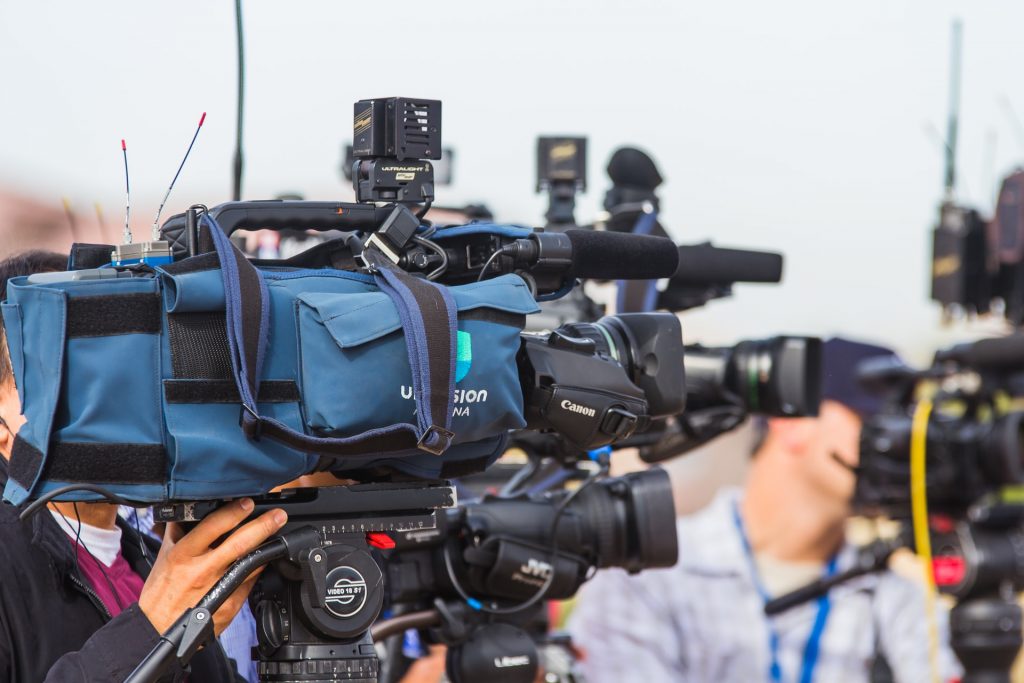Do we have to talk to the media in a crisis?
Senior management teams are on the whole used to operating in a certain way. They identify a problem or opportunity. Call for research to be done. Evaluate the options and then make a decision. In a crisis there will be very little time for any of this, so the challenge becomes how to communicate when you know very little.




